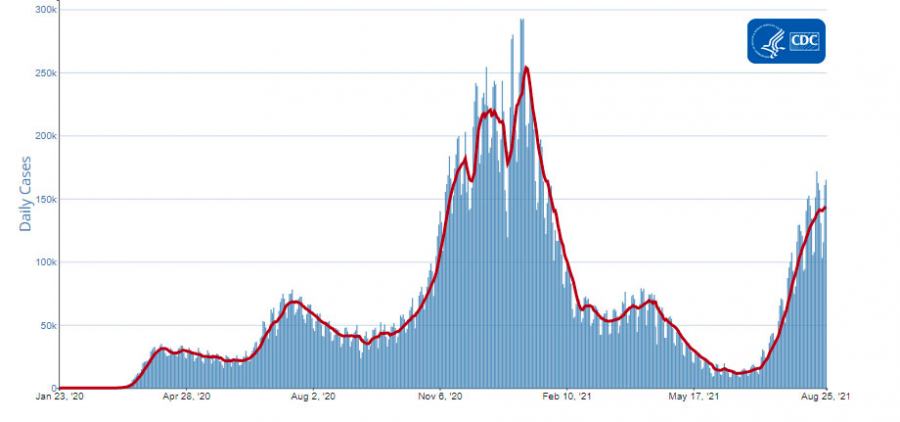Pope Francis’ comments last week about contraceptives being the “lesser evil” in contrast to abortion for limiting the effects of the Zika virus drew a lot of criticism. However, members of Marquette’s religious departments believe the comment, though traditionally opposed by the Catholic Church, is valid.
During a flight from Mexico to Rome, Pope Francis approved the use of contraceptives as acceptable for pregnant women fearing the birth defects caused by the Zika virus. This made headlines since the Catholic Chuch usually advises its followers to constantly avoid birth control.
“Pope Francis is responding to a crisis,” said the Rev. Kent Beausoleil, associate dean of student development. “He is not changing (Catholic) Church doctrine on contraceptives.”
The Zika virus was small scale until it reached Latin America and was found to cause birth defects including microcephaly, which causes a baby’s head to be smaller than expected due to an underdeveloped brain.
The Centers for Disease Control and Prevention advised that pregnant women should not travel to countries heavily affected by the Zika virus or have sex with recent travelers to affected countries to avoid the risk of birth defects.
The Catholic Church openly bans abortion since it believes that life begins at conception and Pope Francis said he would not condone abortion in any situation.
Conor Kelly, an assistant theology professor in the College of Arts & Sciences who specializes in theological ethics, sexual ethics and health ethics, said he doesn’t consider the comment a big deal when it comes to context.
“Pope Benedict XVI suggested that condoms could be used to combat sexually transmitted diseases from sexual assault in Africa,” he said. “It was a bigger deal when Pope Benedict made comments about contraceptives than Pope Francis. Pope Francis implied that birth control can be acceptable. He didn’t outright say it was acceptable.”
The Zika virus is rampant in Latin America, particularly Brazil. There is no vaccine for the Zika virus yet. The CDC says to avoid mosquito bites to prevent blood-borne infection of the virus, which is nearly impossible in rural areas of Latin America. The Zika virus can also be transmitted sexually.
“(Pope Francis) is responding from a place of love and mercy,” Beausoleil said. “He is taking a proactive stance against the damaging effects of the virus. He is not saying contraceptives must happen.”
Women in countries affected by the virus are being asked to avoid pregnancy, but this poses a problem since there is limited access to contraceptives in these countries. The virus is new, and there is little information on how to prevent it from spreading.
Latin American countries are primarily Catholic; therefore, the Pope’s comments about contraceptives could have an impact on how the countries will handle the spread of the virus.
“I think Pope Francis’ comments will start a conversation about using contraceptives to combat the virus,” Kelly said.
According to the CDC, common symptoms of the virus include rash, fever and joint pain. People rarely die from Zika or even go to the hospital. Many people are unaware that they are infected.










Jeff Logan • Feb 25, 2016 at 1:36 pm
Very insightful. This article invites educated discussion, an approach not often found in the media.